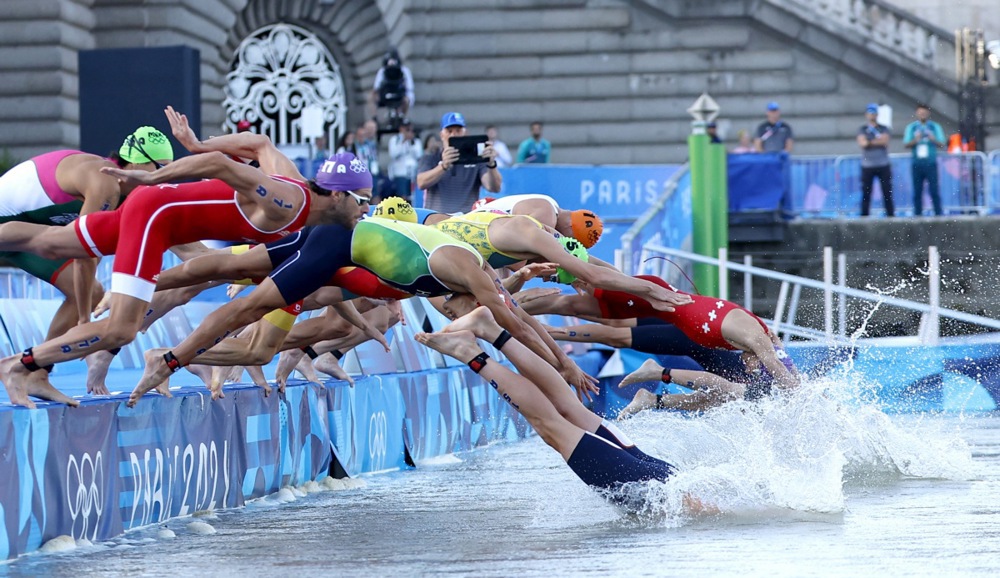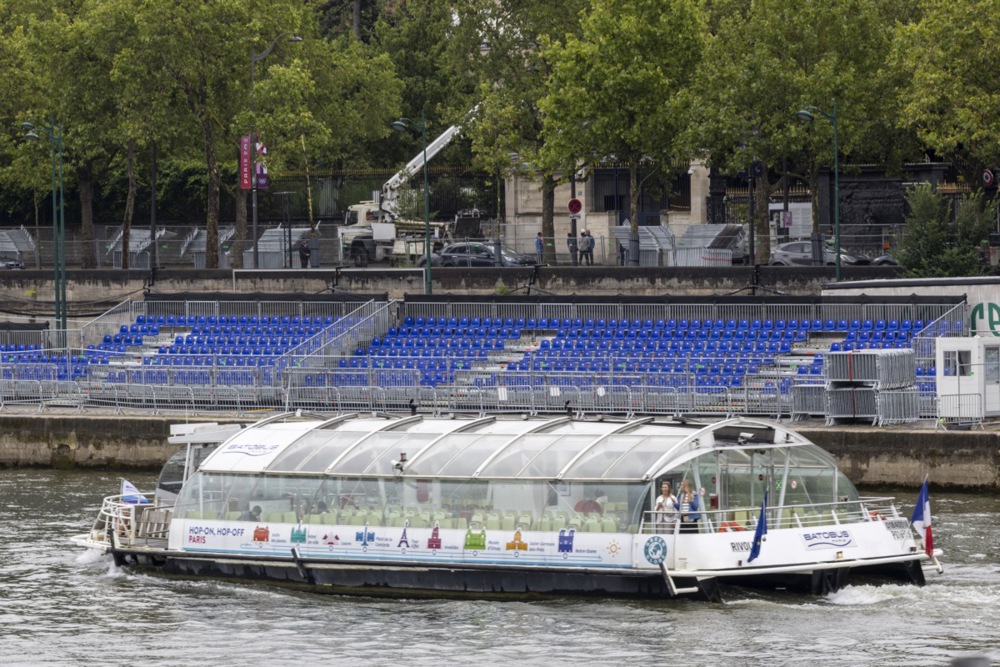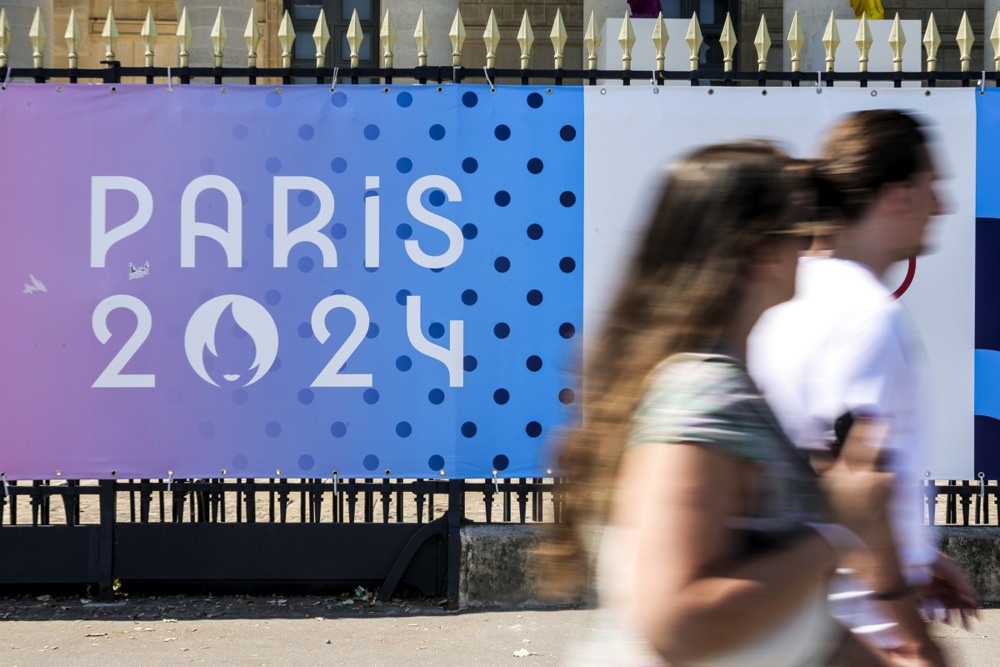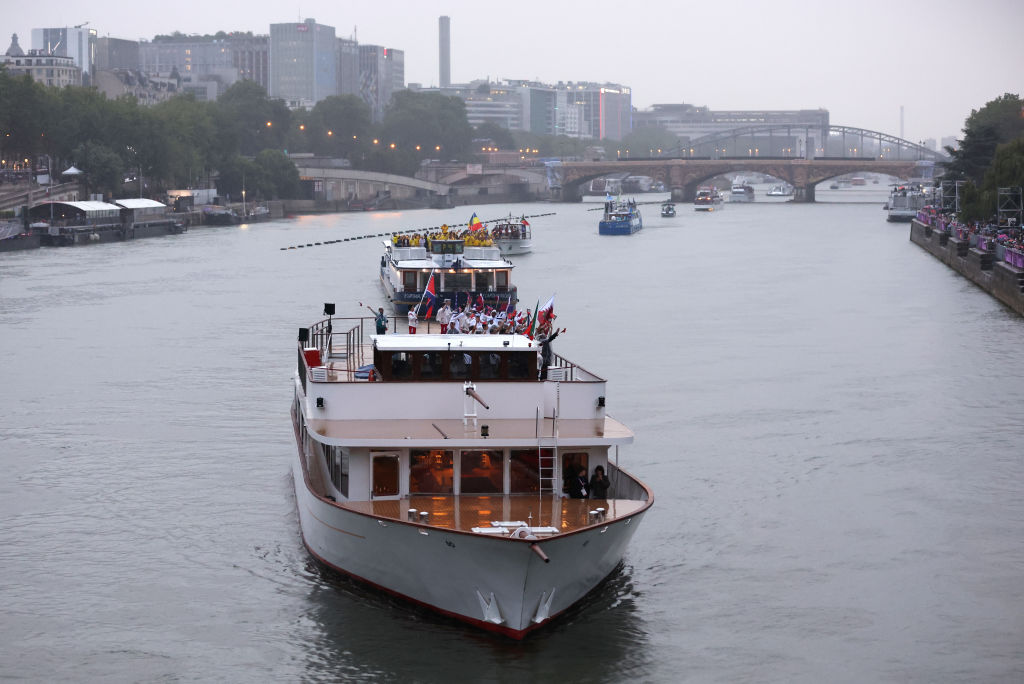The Portuguese Olympic Committee (COP) has announced that two of its triathletes, Vasco Vilaça and Melanie Santos, fell ill after swimming in the Seine River.
In a statement on August 7, the COP’s Sports Medicine Department reported that Vilaça had developed symptoms consistent with a gastrointestinal infection.
“The Portuguese Olympic Committee (COP) informs, through its Sports Medicine Department, that athlete Vasco Vilaça has developed symptoms compatible with gastrointestinal infection in the last few hours during his stay at the Paris 2024 Olympic Games,” the body said.
The committee also noted that Vilaça was in stable condition and that the other athlete Melanie Santos had experienced similar symptoms, although less severe.
The COP raised concerns about the water quality of the Seine, stating: “Although the required safety limits were met, some of the parameters assessed pose a risk of infection in this environmental context.”
Santo and Vilaça competed in events held in the Seine on July 31 and August 5.
While the triathlon events held on July 30 and 31 had appeared to meet safety standards, doubts have lingered about the conditions during the event on August 5, as reported by French publication Mediapart.
NGO Surfrider Foundation France has accused the Paris Olympics committee of hiding poor Seine quality figures. https://t.co/rmBEgMEqqI
— Brussels Signal (@brusselssignal) August 9, 2024
On August 9, French Sports Minister Amélie Oudéa-Castéra stated: “Out of 5 events held in the Seine, 100 per cent of water-quality indicators were compliant on the day of the event on the course. Promise kept.”
Mediapart journalist Anton Rouget responded, claiming official samples gathered on August 5 showed the threshold for intestinal enterococci was exceeded: “False Monday, August 5, the day of the mixed triathlon relay event, the limit threshold for intestinal enterococci was exceeded, as proven by the results of the official samples,” he said.
Oudéa-Castéra denied these allegations on X and refuted the investigative journalist’s claim that the Seine was not safely swimmable on August 5.
“Mr Rouget, it was downstream from the event site, not on the swimmers’ route,” Oudéa-Castéra said.
Non M.Rouget, c’était en aval du site d’épreuve, pas sur le parcours des nageurs. @Prefet75_IDF https://t.co/zcf8fOwWEs
— Amélie Oudéa-Castéra (@AOC1978) August 9, 2024
On August 8, the Surfrider Foundation France accused the Paris Olympics committee of concealing poor water-quality results for the river.
Swimming in the Seine was banned in Paris a century ago: in 1923 by a prefectoral decree because the water was deemed too toxic.
For the current Olympics, Paris put in place a €1.4 billion plan to enable swimming events to be held in the river.
The investment included the construction of a giant basin to capture excess rainwater and prevent wastewater from flowing into the Seine, the renovation of sewerage infrastructure and improvements to wastewater treatment plants.





